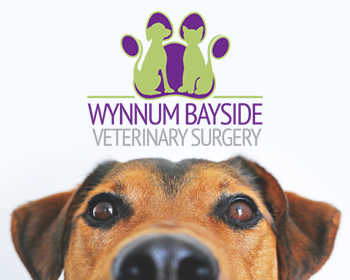Puppies are energetic, fun loving creatures that are sure to bring you much joy. In return you can make a major contribution to their long term health by providing him or her with good nutrition.
Puppies grow until they are 18mths old. Initially, puppies grow very quickly for the first few months and then this slows down until they have reached adulthood. Therefore, it is incredibly important that you provide them with good nutrition throughout this period and beyond to help them stay healthy throughout life.
Humans and dogs are omnivores. However, humans have a stronger sense of taste and enjoy variety in their food. They also attach a great deal of enjoyment in the meals they eat. Dogs are different to humans. Unlike us, their behaviour is regulated by food. Dogs prefer routine rather than variety. Therefore, serving dogs the same food, in the same dish, in the same place at the same time helps keep them happy and is important to help avoid digestive issues.
Recommended feeding programme
Good quality commercial, complete wet and dry food specially formulated for growing puppies, pick a breed specific variety if possible as large and small breeds have different needs. Companies such as Hills, Royal Canin etc. offer various options for puppies. Raw meat, raw bones and vegetables can be added in moderation.
Give several small meals a day: depending on their age, your puppy should be given 3 meals a day up to 6 months old, 2 meals a day between the ages of 6-12 months and 1-2 meals a day from 1 year old. Always feed you puppy in the same place, in the same bowl to train good eating habits
Do not feed table scraps or left overs
Make sure there is plenty of water available. Change your puppy’s water regularly as they tend to play with it
Don’t overfeed, judge meal sizes by changes in body condition. Ask your vet or vet nurse how to do this if unsure
Raw or cooked meat and vegetables alone is not a balanced diet
You can choose to give raw bones such as rawhide, chicken wings and necks for small breeds, Lamb or beef shanks for larger breeds to maintain healthy teeth and gums
DO NOT FEED COOKED BONES AS THEY CAN SPLINTER AND CAUSE GASTROINTESTINAL PROBLEMS – Avoid giving dog human milk as it can cause colic and diarrhoea, however, dog milk available in supermarkets and pet shops is fine just don’t feed too much! – Avoid sudden changes in diet as this can also cause colic and diarrhoea – Dog treats are fine in moderation, just not too many as this can contribute to obesity!


